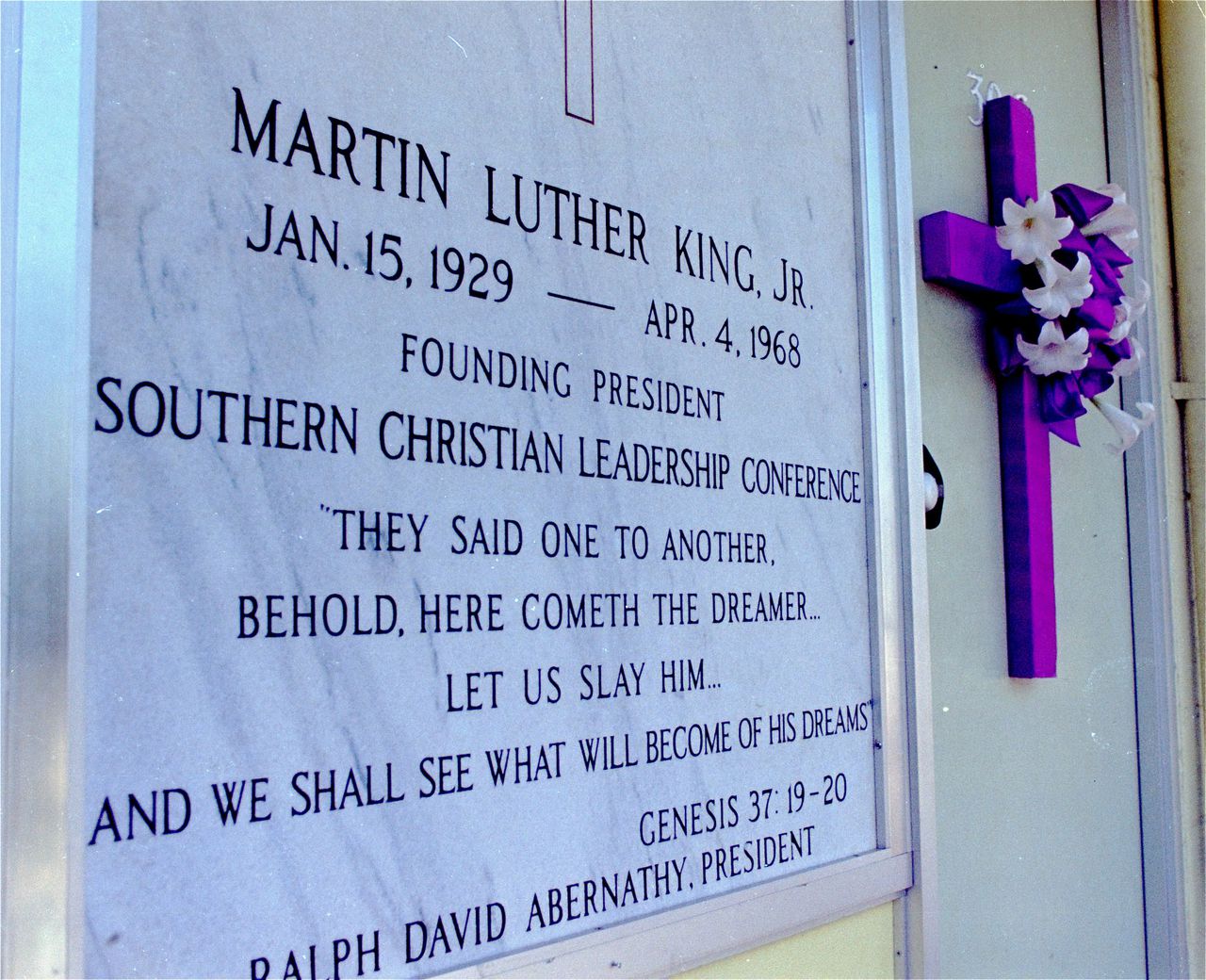Guest opinion: Remembering the Rev. Martin Luther King in ‘real time’
This is a guest opinion column
This week, we will remember to remember the tragic 55-year anniversary (April 4, 1968) of the assassination of the Reverend Dr. Martin Luther King, Jr. In the poem “A Dead Man’s Dream,” poet Carl Wendell Hines, Jr. intones with an eerily prescient and even convicting message, “Now that he is safely dead. Let us praise him. Build monuments to his glory. Sing Hosanna’s to his name. Dead men make such convenient heroes.” Monuments and memories of our freedom movement have deep meaning. They show us where we have been as essential illumination for where we need to go from here. Yet, a “safely dead” general cannot conveniently lead a living army. We must look back in order to advance our struggle forward in “real time.”
The Alabama African American Civil Rights Heritage Sites Consortium seeks to protect hallowed places of worship, lodging and civic engagement as monuments to the African American freedom struggle. The protection of our sacred stories enables us to remember to remember that our struggle continues. The enduring, unholy trinity of poverty, violence and racism continues to threaten the existence of what Reverend Dr. King described as the ‘Beloved Community’ in Birmingham, Montgomery, Selma and across the Alabama Black Belt. In the here and now we also must actively seek to preserve, protect and promote the living legacy of liberation Dr. King and the Black freedom movement.
This past weekend was Palm Sunday weekend. Churches celebrated how two thousand years ago the crowds waved and laid down leafy branches as they cried out words of “Hosanna” in praise of a prophesied savior-King. In modern times, we wave palms on Sunday morning and lay them on the ground as a memorial to this memory. Yet we must remember that at the end of what is called “Holy Week,” how quickly the crowd seemed to forget the full meaning of their history and pivoted from praise to collective cries to crucify the Christ.
Consortium member, St. Paul United Methodist Church in Birmingham commemorated the anniversary of the 1963 Palm Sunday March. Sixty years ago, more than 1,000 people committed to the “Birmingham Campaign” marched toward City Hall in protest of segregation in businesses, parks and hiring practices. The leaders of the march were amongst the 26 foot soldiers arrested and charged with, “parading without a permit.” Today there is a monument in Kelly Ingram Park dedicated to the memory of those faith leaders who knelt and prayed before being arrested.
In his final speech in Memphis on April 3, 1968, the night before he was murdered, King declared, “I may not get there with you but we as a people will get to the Promised Land!”
The promise has a price that must be paid in this very present moment. In the face of continued social and economic violence, the abomination of mass incarceration and other critical racial crises that ravage our beloved communities today, we must recognize that the work of the Reverend Dr. King, foot soldiers, prayer and protest that are monumentally sacralized at our freedom sites of our freedom movement. We must continue the forward struggle – in real time!
As the poet observed, “It is easier to build monuments than to build a better world.”
Reverend Lukata Mjumbe is executive director of the Alabama African American Civil Rights Heritage Sites Consortium
